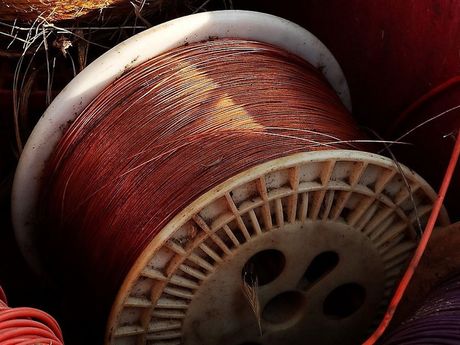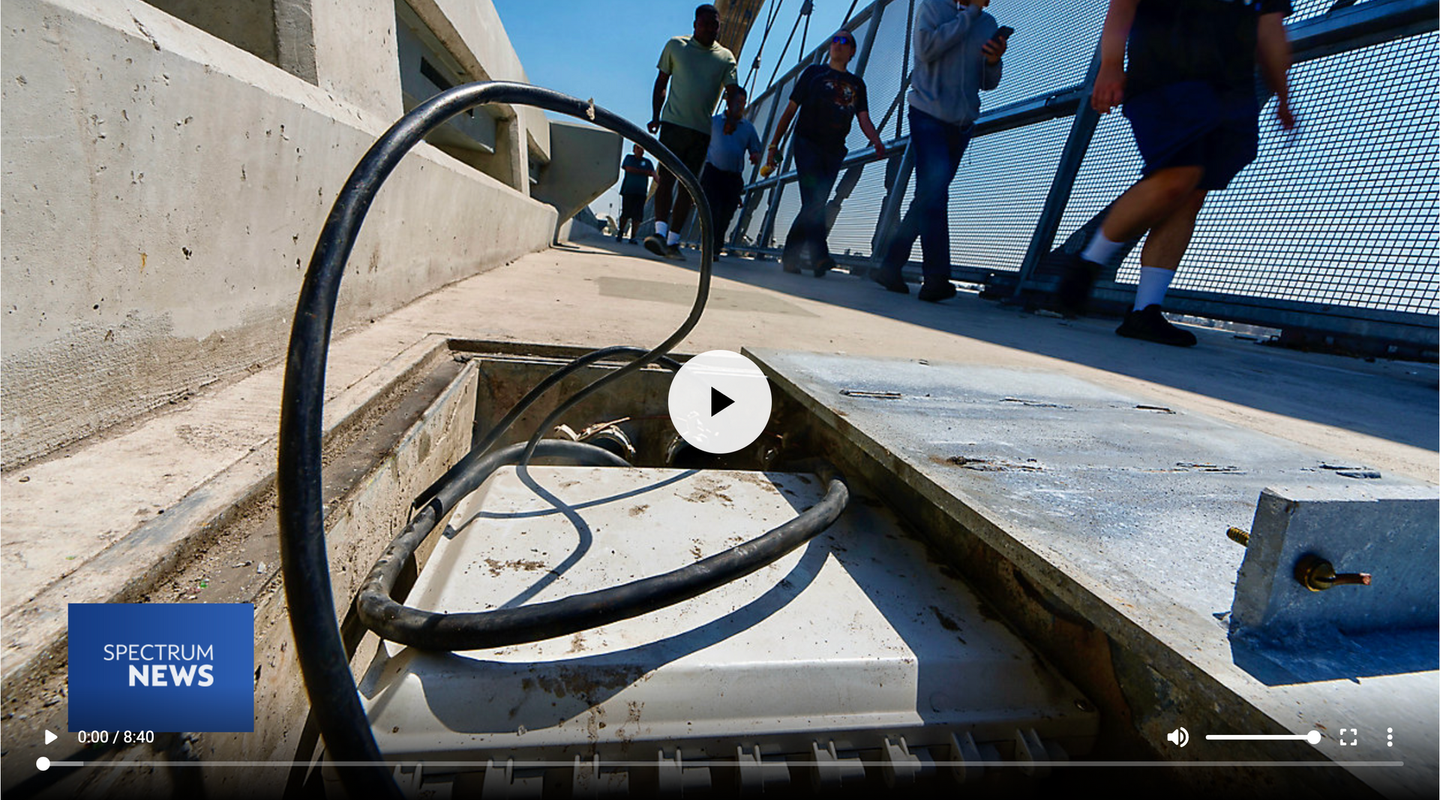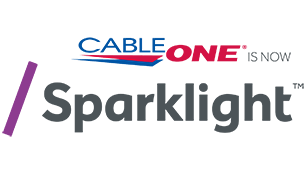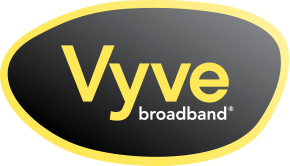DRIVING
INNOVATION
Cable providers are boosting our economy and driving innovation so customers can receive the information and entertainment they want.
EXPANDING
BROADBAND ACCESS
Cable broadband providers are committed to being part of the solution, building out high-speed networks to all corners of our state.
STRENGTHENING
COMMUNITIES
Cable employees not only work in cities and towns across Texas, they also live there and want to better their communities.
Latest cable
news in Texas
Cable in Community
Spectrum Digital Education Partner Spotlight: Latinitas...The nonprofit is a two-time Spectrum Digital Education grant recipient and serves young Latinas by empowering students to discover their voice, develop media and technology skills, and build a solid foundation for their future.
Members In the News
Governor Greg Abbott celebrated Charter Communications announcing plans to invest $1.3 billion to upgrade and expand broadband infrastructure and technology across Texas in Harlingen. This investment will help Charter Communications deliver symmetrical and multi-gigabit speeds across the state, while also funding rural broadband expansion for unserved and underserved homes and small businesses in Texas.
Issue Spotlight
Internet out? It might not be the weather. Copper thieves disrupting neighborhoods
Cutting the overhead lines often takes out essential services that residents need in an emergency and has led utility companies and local elected officials to push for Texas lawmakers next year to pass stiffer penalties for copper thefts from the utility lines.
As critical infrastructure is damaged more often across Texas, communication providers, local leaders, and law enforcement agencies are teaming up to curve this crime. Here's an overview of their latest efforts in the Lone Star State. More.
4.5M
Subscribers
18K
Employees
166K
Jobs
27.63B
Economic Impact












